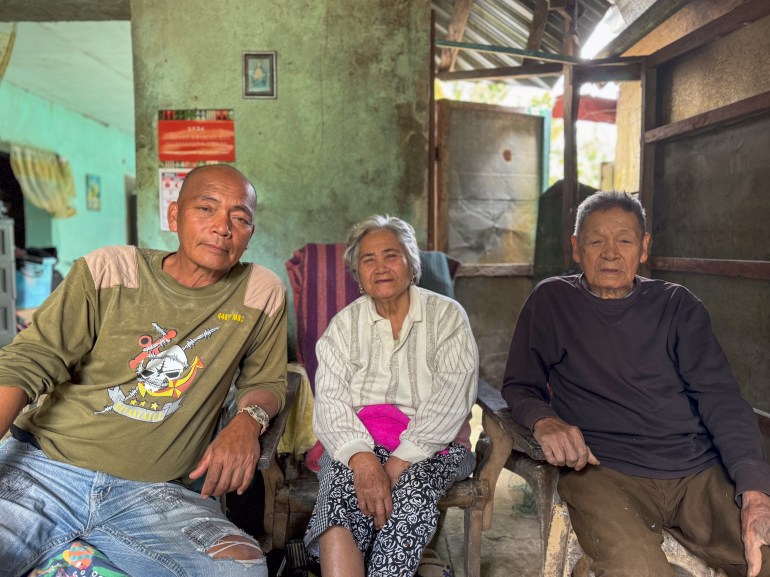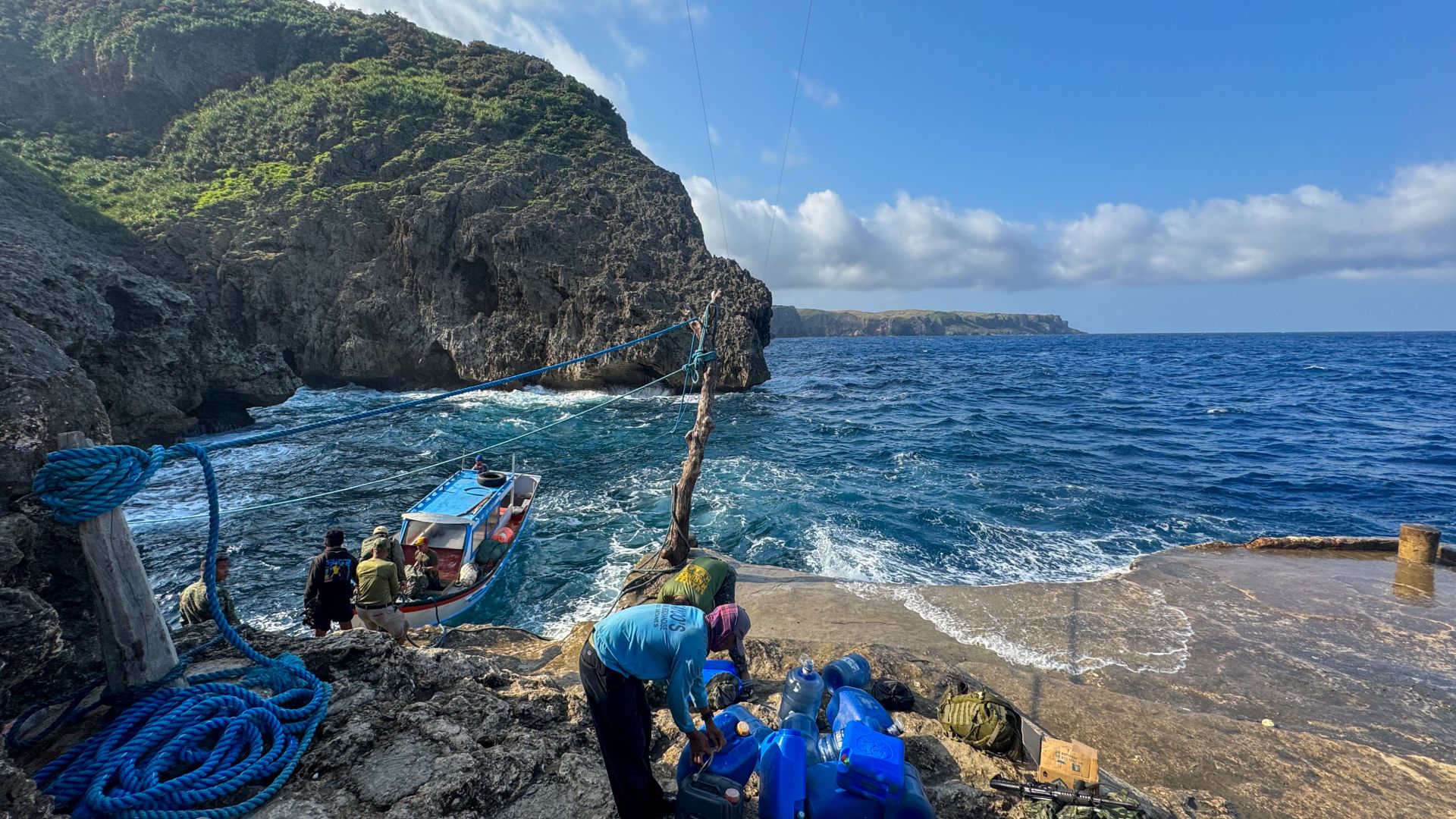Indigenous people in Philippines's north 'ready to fight'
The remote island of Itbayat is in the eye of any conflict with China and its residents are preparing themselves.
This is the second of two reports from the Philippines's northernmost province of Batanes. You can read the first – from Mavulis Island – here.
Itbayat, Philippines – Eleuterio Malupa still remembers December 7, 1941.
On the same day as the Japanese military attacked the US naval base at Pearl Harbor, it launched coordinated attacks across the Philippines, then a colony of the United States.
On Itbayat, the tiny island of 3,100 that Malupa calls home, the Japanese military destroyed the only telecom radio. The next day, he saw two bombs drop near the municipal hall.
“My uncle said, 'Don’t go near the window. They might shoot you',” Malupa, who is now in his 90s, recalled.
The bombs missed their target but they signalled the start of a four-year period of occupation by a Japanese company that dug a network of mountain tunnels to hide troops and store supplies.
Many fled in fear.
“They did not want to stay in town because of the Japanese,” Malupa said.

Now, the northernmost inhabited island in the Philippines is facing a new threat as it finds itself directly in the eye of any potential conflict between China and Taiwan, the island democracy Beijing claims as its own.
Itbayat also sits right next to China’s nine-dash line, which Beijing uses to justify its claim to almost the entire South China Sea. The China Coast Guard has aggressively strengthened its posture in the disputed sea; on March 23, the Philippines accused China of attacking its boat with a water cannon.
Amid the rising tensions, the Philippine military is bolstering its defence of Batanes, the northern island province that includes Itbayat. It has also called on Ivatans, the Indigenous people of Itbayat, to join the country’s reserve forces.
“We are ready to fight,” said Cyrus Malupa, Eleuterio’s son. “We can help our community and our country. That is our main objective.”
In March, 119 Batanes residents joined the Navy reserve forces. About two-thirds are from Itbayat. Cyrus, 60, is the oldest.
“I worried I couldn’t make it through training,” he said, laughing. “But there were still some younger than me, slower than me.”
